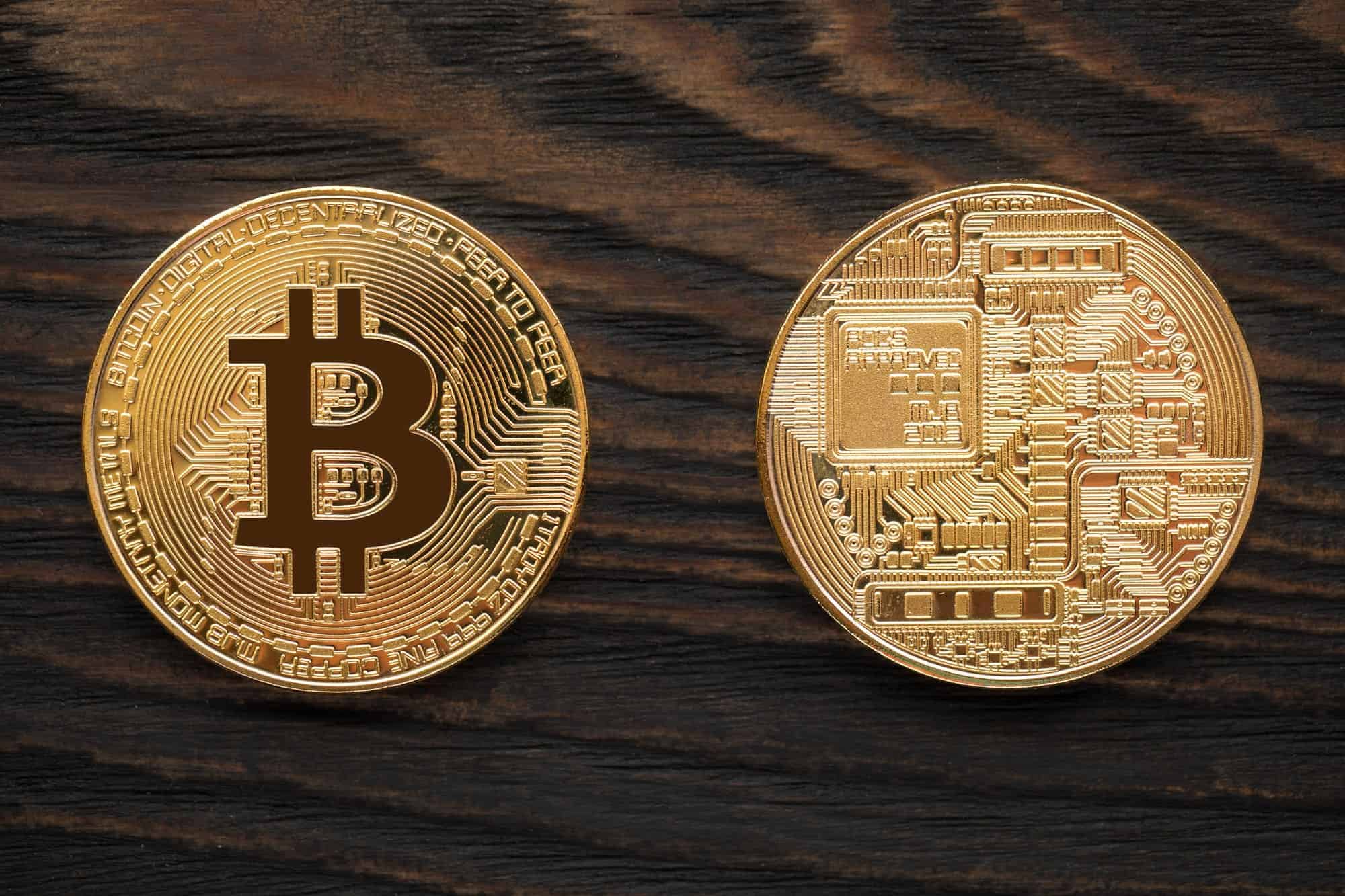
Bitcoin Port
Bitcoin Port: Key Insights and FAQs
Bitcoin Port: Bitcoin, the pioneer of cryptocurrencies, operates by a decentralized network that relies closely on particular ports for communique and transaction processing. Knowing the ports Bitcoin uses can give deeper insights into its functionality and decorate community security. This text delves into the information of Bitcoin ports, answering commonplace questions and shedding light on their significance.
What is TCP Port 8333 Used For?
TCP port 8333 is the same old port Bitcoin nodes utilize to establish connections and proportion statistics. The Transmission Control Protocol (TCP) ensures dependable and ordered shipping of information between nodes. Port 8333 is vital for propagating transactions and blocks throughout the Bitcoin community. Here’s a breakdown of its number one feature:
Transaction Propagation:
While a new transaction is created, it’s far broadcasted to the community through port 8333. Nodes receiving this transaction will verify and propagate it to their linked friends.
Block Propagation:
Similarly, while a new block is mined, its miles are transmitted to other nodes through port 8333. This allows for keeping a synchronized blockchain across the whole community.
Is Bitcoin TCP or UDP?
Bitcoin typically uses TCP for its network communications. TCP, or Transmission manipulation Protocol, is chosen for its reliability and data integrity functions. Here’s why TCP is favored over UDP (consumer Datagram Protocol) inside the Bitcoin network:
Dependable transport:
TCP ensures that information packets are introduced without mistakes. This is crucial for Bitcoin transactions and block statistics, wherein accuracy is essential.
Connection-oriented:
TCP establishes a connection before facts are transferred, imparting a reliable verbal exchange channel. This is essential for preserving the integrity of blockchain statistics.
Blunders Checking:
TCP includes mechanisms for error checking and correction, which facilitates maintaining the robustness of the Bitcoin network.
UDP, however, is a connectionless protocol and does not guarantee the delivery or order of record packets. At the same time, as UDP may be quicker due to its low overhead, the lack of reliability makes it mistaken for Bitcoin’s needs.
What is Port 8332 Used For?
Port 8332 is another tremendous port in the Bitcoin community, commonly used for the JSON-RPC interface. JSON-RPC (JavaScript object Notation far off system name) allows verbal exchange among the Bitcoin customer and different software program programs. Here’s how port 8332 is applied:
Remote process Calls:
Developers and directors use port 8332 to remotely ship instructions to the Bitcoin purchaser. Those instructions include checking the balance, initiating transactions, and querying blockchain statistics.
Automation and Integration:
Port 8332 helps integrate Bitcoin functionalities into various programs and offerings, considering the automation of responsibilities and streamlined operations.
Safety and access management:
Getting admission to port 8332 is typically restrained and secured with authentication mechanisms to save you from unauthorized use. This guarantees that dependent applications and users can interact with the Bitcoin client.
Enhancing network safety
Knowledge of the ports utilized by Bitcoin can also contribute to more suitable community safety. Right here are some first-class practices for securing Bitcoin ports:
Firewall Configuration:
Configure firewalls to allow site visitors to handiest on the essential ports (e.g., 8333 for node communique, 8332 for JSON-RPC) and block all different unused ports.
Port Forwarding:
If you run a Bitcoin node at the back of a router, set up port forwarding to ensure incoming connections on port 8333 are directed to your node. This enables in keeping connectivity with the network.
Ordinary Updates:
Hold your Bitcoin customer and related software updated with ultra-modern security patches and updates. This minimizes the risk of vulnerabilities that would be exploited through open ports.
Authentication and Encryption:
For port 8332, ensure robust authentication mechanisms are in place. SSL/TLS encryption protects statistics transmitted over the JSON-RPC interface.
Conclusion
Information on the roles and functions of Bitcoin ports, especially ports 8333 and 8332, is critical for anyone worried about walking a Bitcoin node or developing Bitcoin-associated applications. Those ports facilitate essential community capabilities, which include transaction and block propagation, node discovery, and faraway technique calls. By ensuring the correct configuration and security features, you can contribute to the robustness and reliability of the Bitcoin network.
Whether or not you’re a developer, a community administrator, or a fanatic, knowing how Bitcoin uses those ports permits you to optimize overall performance and enhance safety. As Bitcoin evolves, staying informed about its underlying technology will remain crucial for leveraging its total capacity.




The level of my appreciation for your work mirrors your own enthusiasm. Your sketch is visually appealing, and your authored material is impressive. Yet, you appear to be anxious about the possibility of moving in a direction that may cause unease. I agree that you’ll be able to address this matter efficiently.
Thanks for your kind words.
You can contact me here for any enquiry https://bsbforensic.com/contact/
Your blog is a breath of fresh air in the often mundane world of online content. Your unique perspective and engaging writing style never fail to leave a lasting impression. Thank you for sharing your insights with us.
Thanks for your kind words.
You can contact me here for any enquiry https://bsbforensic.com/contact/